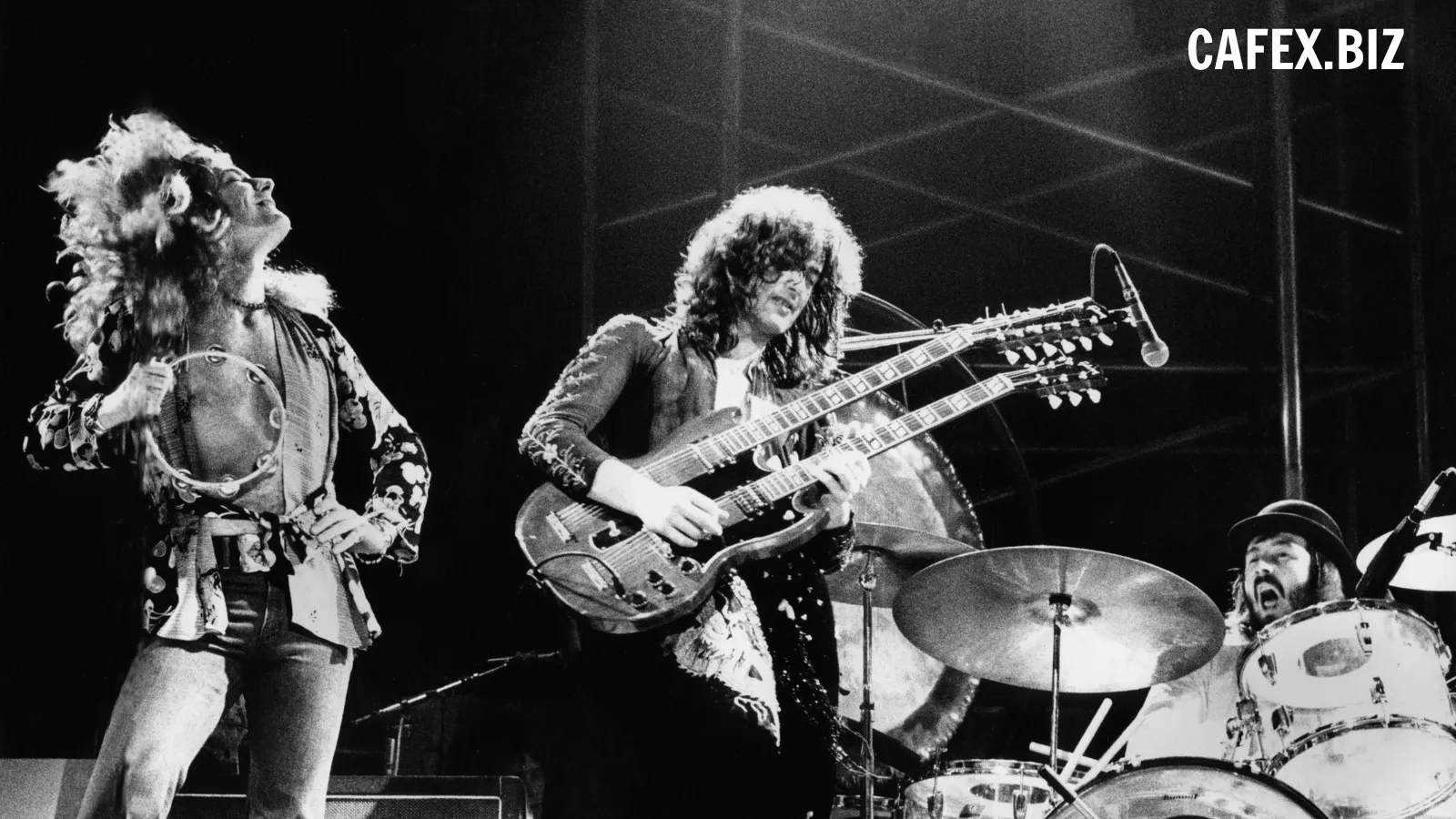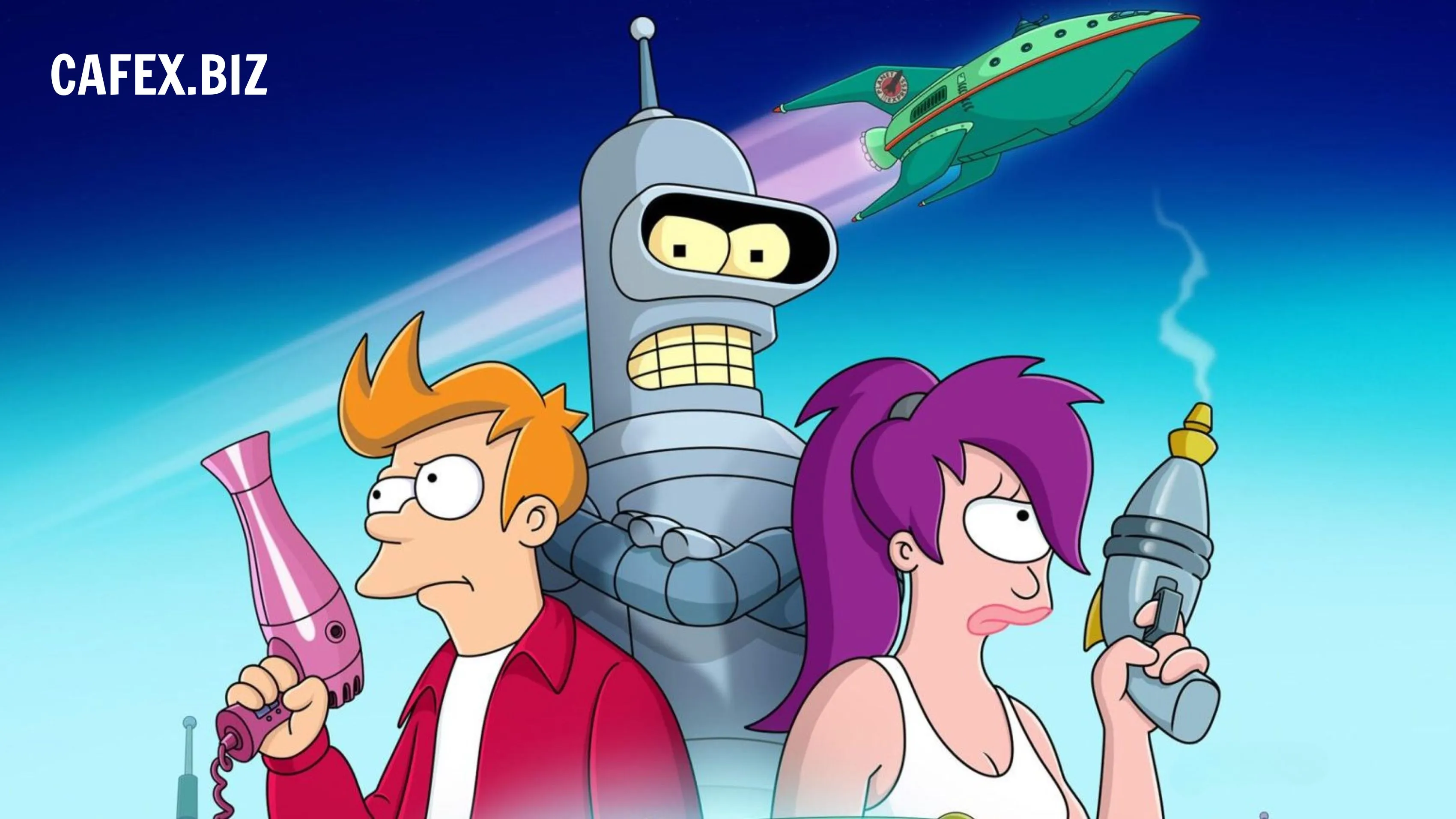"The Beverly Hillbillies," a beloved American sitcom that first aired in 1962, holds a special place in the hearts of television audiences.
Created by Paul Henning, the show brought a blend of humor, charm, and cultural clashes to living rooms across the nation. The history, characters, themes, and enduring appeal of "The Beverly Hillbillies," exploring why it remains a timeless comedy classic cherished by generations of viewers.
The Creation of "The Beverly Hillbillies"
In the early 1960s, creator Paul Henning pitched an idea for a sitcom that revolved around the culture clash between rural and urban lifestyles.
The show was inspired by a true story of oil being discovered on a family farm in Oklahoma, and the sudden wealth that followed. CBS embraced the concept, and "The Beverly Hillbillies" was born.
Development and Casting: After a nationwide search, Henning selected an ensemble cast that brought the Clampett family to life. Buddy Ebsen starred as Jed Clampett, Irene Ryan as Granny, Donna Douglas as Elly May, and Max Baer Jr. as Jethro Bodine.
The Pilot Episode: The pilot episode introduced audiences to the Clampett family - Jed, a kind-hearted widower; Granny, his feisty and sharp-tongued mother-in-law; Elly May, his beautiful but tomboyish daughter; and Jethro, his dim-witted nephew. The storyline centered on the discovery of oil on their land, leading to newfound wealth.
The Premise and Setting
The heart of "The Beverly Hillbillies" lies in the premise of the Clampett family moving from their humble home in the Ozarks to the luxurious neighborhood of Beverly Hills, California, after striking it rich from the oil discovery. The show's setting provided ample opportunities for culture clashes, fish-out-of-water scenarios, and comedic misunderstandings.
Fish-Out-of-Water Comedy: The sitcom thrived on the culture shock experienced by the Clampetts as they navigated the lavish and unfamiliar lifestyle of Beverly Hills. Their simple, down-to-earth mannerisms often clashed with the extravagance and pretentiousness of the city's elite.
Beverly Hills: The luxurious mansion that the Clampetts moved into was a replica of the Kirkeby Mansion, designed by architect Sumner Spaulding. This opulent residence became one of the show's iconic symbols.
The Quirky Characters and their Charm
"The Beverly Hillbillies" owes much of its success to its colorful and endearing characters, each contributing to the show's charm and humor.
Jed Clampett: The patriarch of the family, Jed, is portrayed by Buddy Ebsen as a wise, warm-hearted, and level-headed individual. Despite his newfound wealth, he remained grounded and valued family over riches.
Granny: Irene Ryan's portrayal of Granny, Jed's mother-in-law, brought laughter to the screen with her feisty and often eccentric antics. Her old-fashioned hillbilly wisdom and penchant for moonshine became hallmarks of the show.
Elly May Clampett: Played by Donna Douglas, Elly May was a stunningly beautiful but tomboyish young woman with a love for animals. Her innocence and naivety added to the comedy as she navigated the social norms of Beverly Hills.
Jethro Bodine: Max Baer Jr. played the role of Jethro, a lovable but not-so-bright nephew of Jed. His attempts to fit into the high society of Beverly Hills often led to humorous misadventures.
Social Commentary and Cultural Satire
Rags-to-Riches Theme: The show explored the classic American dream of going from rags to riches, reflecting the country's fascination with upward mobility and success.
Class Divisions: Through the interactions of the Clampett family with the upper-class residents of Beverly Hills, the show humorously critiqued the stark class divisions prevalent in society.
Critics and Popularity
Television Ratings: Throughout its nine-season run, the show consistently ranked among the top-rated programs, garnering millions of viewers each week.
Audience Connection: The show's enduring popularity can be attributed to its universal themes of family, kindness, and simplicity. Viewers found solace and laughter in the quirky Clampett family, making them feel like part of their own.
Legacy and Cultural Impact
Spin-offs and Adaptations: The show inspired an animated adaptation, comic books, a feature film, and a musical, showcasing its ongoing appeal to different generations.
Catchphrases and Cultural References: Iconic lines like "Weee doggies!" and "Pitiful, jest pitiful" have become cultural catchphrases, further solidifying the show's place in American pop culture.
Influence on Television: "The Beverly Hillbillies" paved the way for future sitcoms that explored similar themes of culture clashes and the American dream.
"The Beverly Hillbillies" remains a beloved sitcom cherished for its heartwarming humor, timeless characters, and commentary on societal norms. Its legacy continues to entertain and inspire audiences, reminding them that amidst life's challenges and changes, family and kindness remain essential virtues. As one of the most enduring and beloved shows in television history, "The Beverly Hillbillies" continues to shine as a timeless comedy classic.

